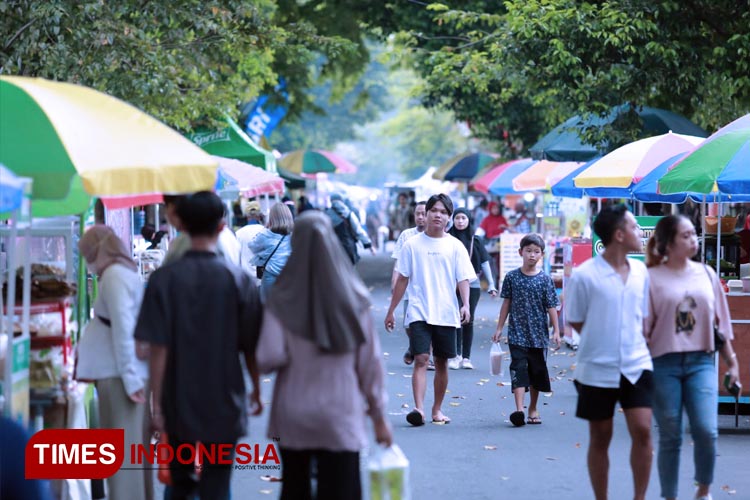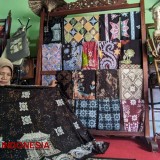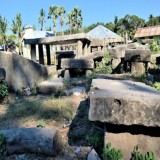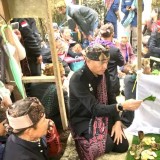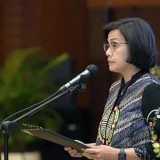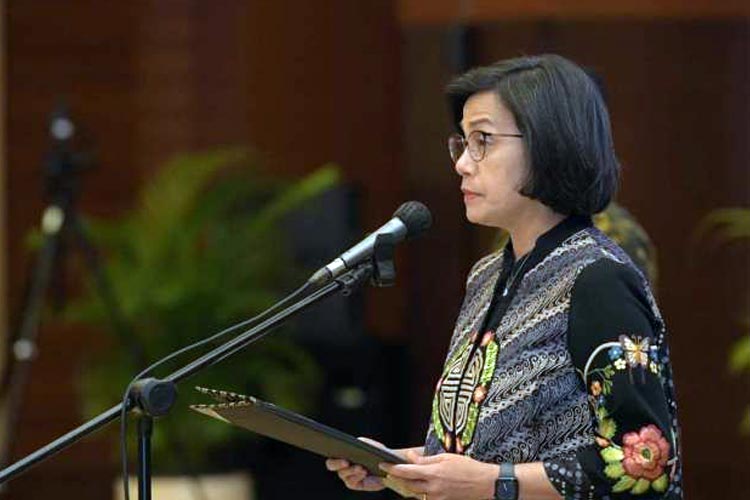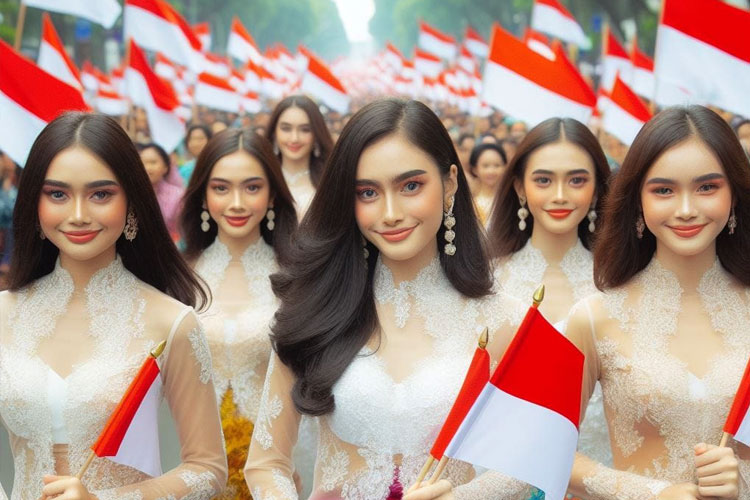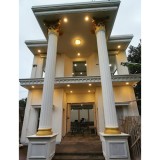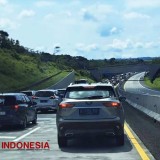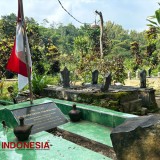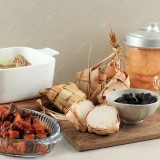TIMES HONGKONG, JAKARTA – Pasar Takjil Ramadan or Ramadan takjil markets hold a special place in the hearts of the Indonesian community. Serving as not just places to procure delectable treats but as cherished traditions deeply embedded in the fabric of society. Across the archipelago, these markets have become integral to the Ramadan experience, embodying cultural heritage, communal bonding, and economic vitality.
For generations, Indonesians have embraced the ritual of visiting takjil markets during Ramadan as a time-honored tradition. From bustling urban centers to remote rural villages, the sights, sounds, and aromas of these markets evoke a sense of nostalgia and anticipation among people of all ages. Families pass down the tradition of visiting the takjil market from one generation to the next, creating enduring memories and strengthening familial bonds.
Takjil itself was derived from Arabic which means to rush. But in the local context, the Indonesian tend to think takjil as an appetizers which we need to have before the main course coming. And Pasar Takjil has almost all what the muslim need during iftar, from appetizer, main course, to desserts.
Among the myriad offerings at these markets are local fried snacks, childhood snacks ('jajanan SD'), Korean street food, soups, spicy dishes, substantial meals like meatballs ('bakso'), noodles ('mie'), satay, stuffed tofu ('batagor'), dumplings ('siomay'), an assortment of refreshing cold beverages, and hundred other delicacies.
Unique to the Ramadan period, these markets spring to life, drawing crowds eager to indulge in quick and convenient culinary delights. As the fasting populace prefers convenience over the hassle of cooking, the takjil markets serve as a one-stop destination for pre-dusk snacks and beverages.
Ngaburburit
The term "ngabuburit" embodies the essence of spending time before breaking the fast. It's a cultural practice where individuals engage in various activities to keep themselves occupied until the call to prayer for iftar (breaking of the fast). Exploring the vibrant Ramadan takjil market can be considered one such ngabuburit activity, where people immerse themselves in the sights, sounds, and tastes of this culinary adventure.
What makes Pasar Takjil truly unique is their diverse array of settings. Whether nestled along the bustling streets of the city, set up in open fields in the countryside, or even arranged in front of homes resembling garage sales, takjil markets can be found in various locations across Indonesia. This diversity of settings adds to the charm and authenticity of the experience, offering something for everyone, regardless of their location or background.
The significance of takjil markets extends beyond mere culinary indulgence; it represents a collective expression of faith and community spirit. As Muslims gather to break their fast together at sunset, the takjil market serves as a communal focal point where people come together to share in the blessings of Ramadan. It's a time for reflection, gratitude, and solidarity, as individuals from diverse backgrounds unite in the observance of this sacred month.
The Evolution
Furthermore, the emergence of this places as a cultural tradition underscores the resilience and adaptability of Indonesian society. Over the years, these markets have evolved and diversified, incorporating new flavors, ingredients, and culinary influences while preserving traditional recipes and techniques. From classic favorites like 'gorengan' and 'kolak' to innovative creations inspired by international cuisines, the takjil market reflects the dynamic nature of Indonesian gastronomy.
Moreover, the popularity of Pasar Takjil during Ramadan contributes significantly to the local economy, providing livelihoods for countless vendors and entrepreneurs. Many small-scale businesses rely on the seasonal demand generated by these markets to sustain themselves throughout the year, making Ramadan a crucial period for economic activity in communities across Indonesia.
In conclusion, Pasar Takjil Ramadan or Ramadan takjil markets represent more than just a marketplace for culinary delights; they embody the enduring spirit of community, culture, and tradition within the Indonesian society. As Indonesians gather each year to partake in this beloved ritual, they not only savor the flavors of Ramadan but also celebrate the shared heritage and values that unite them as a nation, regardless of the setting in which these markets are found. (*)
| Writer | : Khodijah Siti |
| Editor | : Khodijah Siti |
